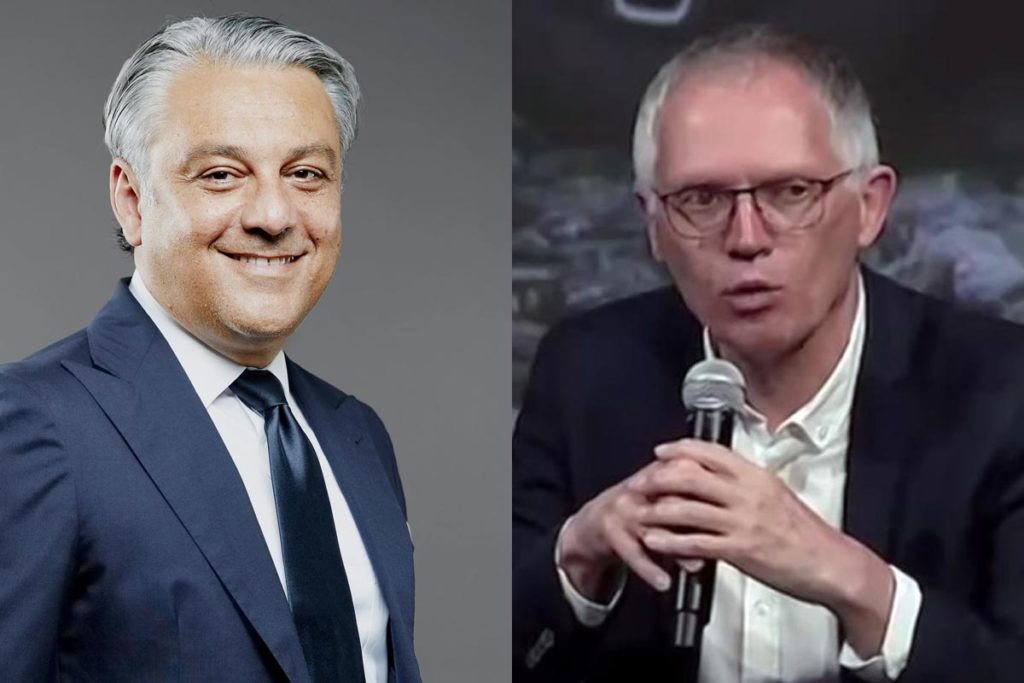
A few weeks ago, Carlos Tavares, CEO of Stellantis, acknowledged that the transition to electric vehicles may take longer than expected. During the announcement, he explained that Stellantis, like many others in the automotive industry, had initially underestimated the time needed to switch to all-electric mobility. Expectations were for a rapid rise in the use of electric vehicles, but market realities have shown that this transition will take place over a longer period of time.
Tavares pointed to a number of unforeseen obstacles, including tensions linked to the lack of affordability and practicality of electric vehicles. "What we're seeing now is that you need to extend the window of time during which this transition will take place," he explained. For this reason, Stellantis has adjusted its investments, pausing the construction of new gigafactories in Europe until sales of battery electric vehicles (BEVs) increase sufficiently.
In 2021, Stellantis had decided to invest in multi-energy platforms, a decision that is now proving to be a wise one. These choices make it easier for the company to adapt to a prolonged transition. "We will be able to manage this transition, mainly by taking advantage of multi-energy platforms," said Tavares. This approach enables Stellantis to modulate its investments according to the evolution of electric vehicle sales, while maintaining prudent cash flow management.
Today, Renault CEO Luca de Meo expressed similar sentiments. In an interview with several press titles, including Les Echos magazine, de Meo confirmed that the need for greater flexibility in the timetable for the transition to electric vehicles. In his view, the 2025 and 2030 deadlines are particularly worrying, with penalty systems that could cost automakers more than 10 billion euros as early as next year.
Luca de Meo declared that the 2035 deadline for reaching 100 % of new electric cars is unrealistic. "When this was decided two years ago, the position of France and Renault Group was that 2035 was too early, and that we should aim for 2040 instead," he explained. De Meo also stresses the need to respect the principle of technological neutrality and to take into account the car's entire life cycle when calculating CO2 emissions.
De Meo calls for greater flexibility in the transition timetable. He insists that most countries have not yet achieved sufficient market share for electric vehicles. "The ecosystem has to move forward together, all together," he said. He points to the example of the UK, where requirements are high but the market is not ready to meet them.
Despite the challenges, de Meo insists on the importance of not abandoning the goal of the transition to electric vehicles. "The European automotive industry has invested tens of billions of euros in this transition. Are we going to throw them out the window? No. The political powers that be can't change their minds just when all our efforts are coming to fruition with new models arriving on the market," he asserted.
Statements by Carlos Tavares and Luca de Meo show a growing consensus among auto industry leaders on the need to reassess the timetable for the transition to electric vehicles.
The energy transition requires more hybrid models. The all-electric forced-market approach can't work, especially when the infrastructure isn't up to scratch in many countries.
Electric cars are no longer gaining market share this year.
Renault and Stellantis executives know better than anyone how car sales can evolve.
Hybrids are models from 20 years ago. Personally, I've had a hybrid car since 2011 and I'm very happy with it. It would be absurd to make a transition today to the technology of the past.